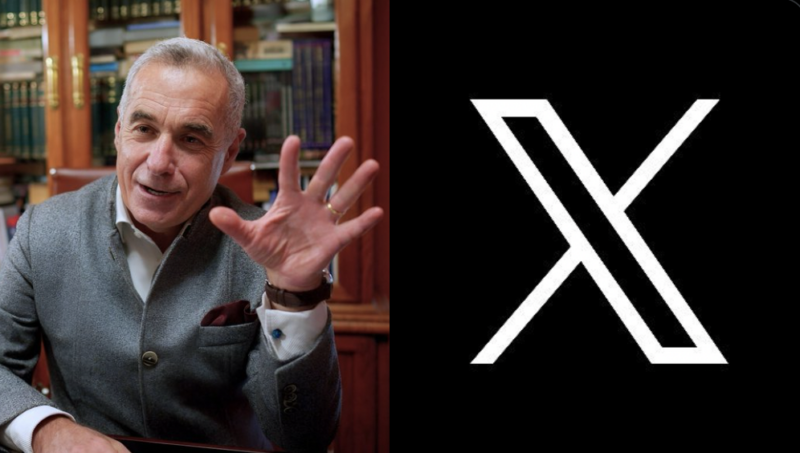In a move that many are seeing as a thinly veiled attempt to silence dissent, Romania’s National Audiovisual Council (CNA) is ramping up its censorship efforts, urging major online platforms like Meta, TikTok, X, and Google to tighten content moderation.
Valentin Jucan, a CNA member, confirmed that both the CNA and the National Authority for Administration and Regulation in Communications (ANCOM) have sent a formal notice demanding these platforms enhance their procedures for verifying audiovisual content in line with the European Digital Services Act (DSA).
The stated rationale behind this crackdown is the alleged rise of misinformation and online content that allegedly incites violence and hatred, which the authorities argue pose a threat to Romania’s “constitutional order” and public security. Jucan emphasized that the proliferation of such content, including videos that could potentially cause panic and harmful behaviors, is damaging social cohesion and national stability. However, critics see this as an overreach designed to suppress voices challenging the status quo—particularly those of emerging political figures like Georgescu, whose rise has alarmed the establishment.
While CNA’s powers in the online sphere are limited, they claim the ability to intervene with video content on major platforms, and the DSA allows them to demand the removal of any material they deem illegal. This includes content that promotes violence or hatred, with platforms legally bound to comply.
The move also appeals directly to the public, encouraging users to report videos deemed illegal by sending links or screenshots to the CNA’s official email. While the authorities assure confidentiality under GDPR regulations, critics worry that this could create a chilling effect on free expression, with ordinary citizens potentially being incentivized to report content based on vague or politically motivated grounds.
This new push by the Romanian government is framed as part of a broader international effort to combat misinformation. Yet, many view it as a calculated step to stifle opposition and tighten control over online discourse, all while disguising it as a fight against public harm. The question remains: is Romania truly defending its public security, or are they attempting to maintain control at the expense of free speech?




